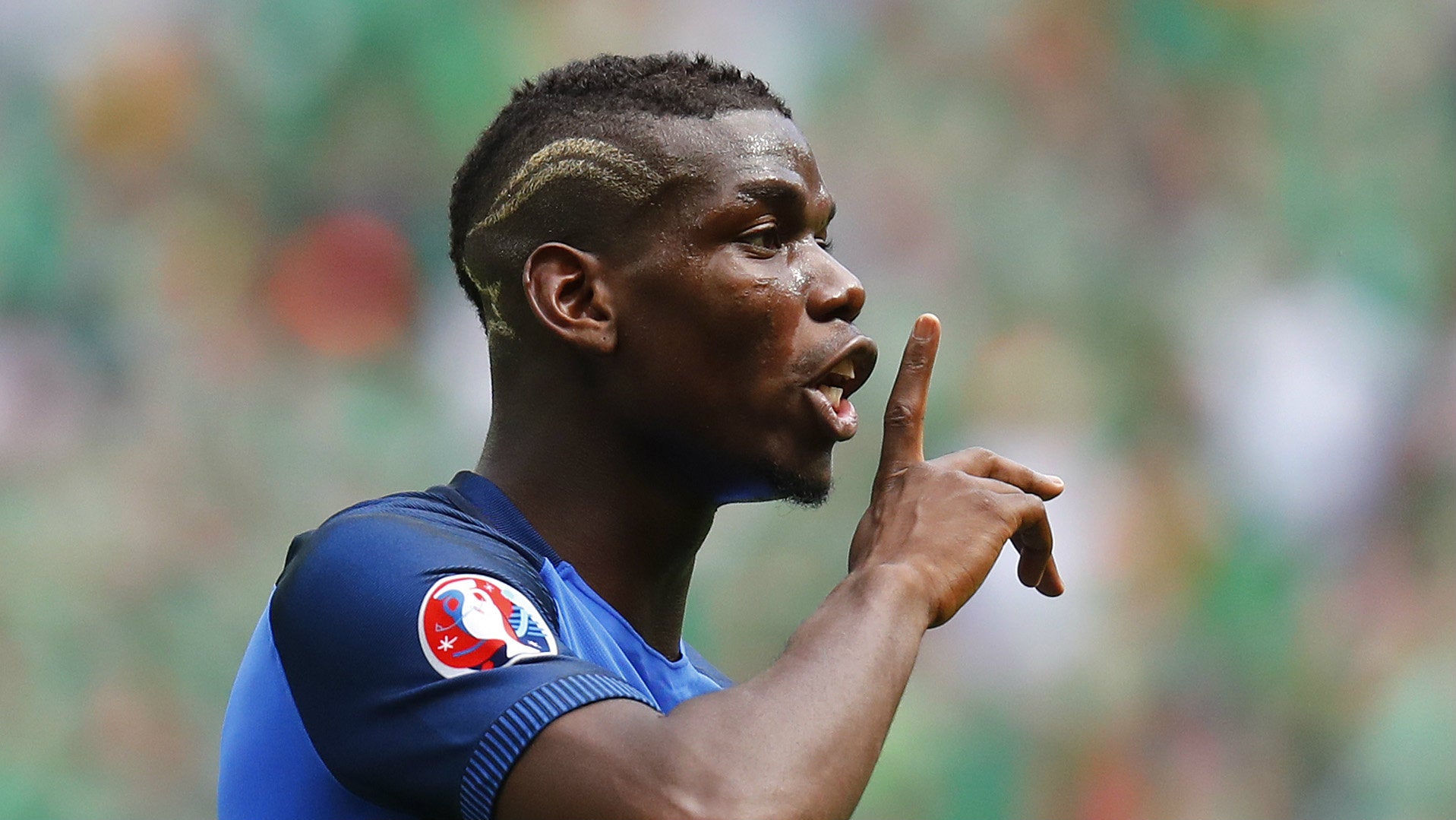A new world record transfer fee for a soccer player has just been set
After weeks of pursuit, Manchester United, one of the world’s richest soccer clubs, have signed Paul Pogba and set a new record transfer fee. The 23-year old France international rejoins the English club, which he left in 2012, from Italian side, Juventus, for a fee of £89.3 million ($116.4 million). Pogba’s fee surpasses the former record fee of £85 million, which Real Madrid paid London’s Tottenham Hotspurs to sign Gareth Bale in 2013.


After weeks of pursuit, Manchester United, one of the world’s richest soccer clubs, have signed Paul Pogba and set a new record transfer fee. The 23-year old France international rejoins the English club, which he left in 2012, from Italian side, Juventus, for a fee of £89.3 million ($116.4 million). Pogba’s fee surpasses the former record fee of £85 million, which Real Madrid paid London’s Tottenham Hotspurs to sign Gareth Bale in 2013.
Even though Pogba’s transfer fee is recognized as a world record, the pound’s slide since the Brexit referendum throws a spanner in the works. Due to the drop in the value of the British pound, Gareth Bale’s fee still ranks higher in dollars at $123 million, based on the exchange rate at the time.
For Juventus, losing Pogba is a big blow but making a sizable profit for a player that cost them only £800,000 four years ago considerably softens it. Pogba left Manchester United as a youth player to join Juventus after becoming frustrated with a lack of first team matches in England. Now ranked as one of the best players in the world, Pogba will expect to be a first team regular on his return.
More than anything else, the deal reinforces United’s status as a global behemoth as they beat other interested parties to the signature of Pogba. Even Spanish giants, Real Madrid, who have broken the transfer fee record five times since 2000, reportedly pulled out of the chase as they could not match United’s financial power. Signing Pogba concludes a busy summer period for Manchester United which started with the appointment of Jose Mourinho as manager.
Predictably, Pogba’s move has reignited concerns about the inflation rate of transfer fees in modern soccer. With big European clubs having increased purchasing power, transfer fees have risen tenfold over 1990. Clubs’ buying power has been boosted by a combination of factors. Record television deals and multiple streams of commercial revenue have been just as vital as billionaire owners keen to pump money into their clubs.